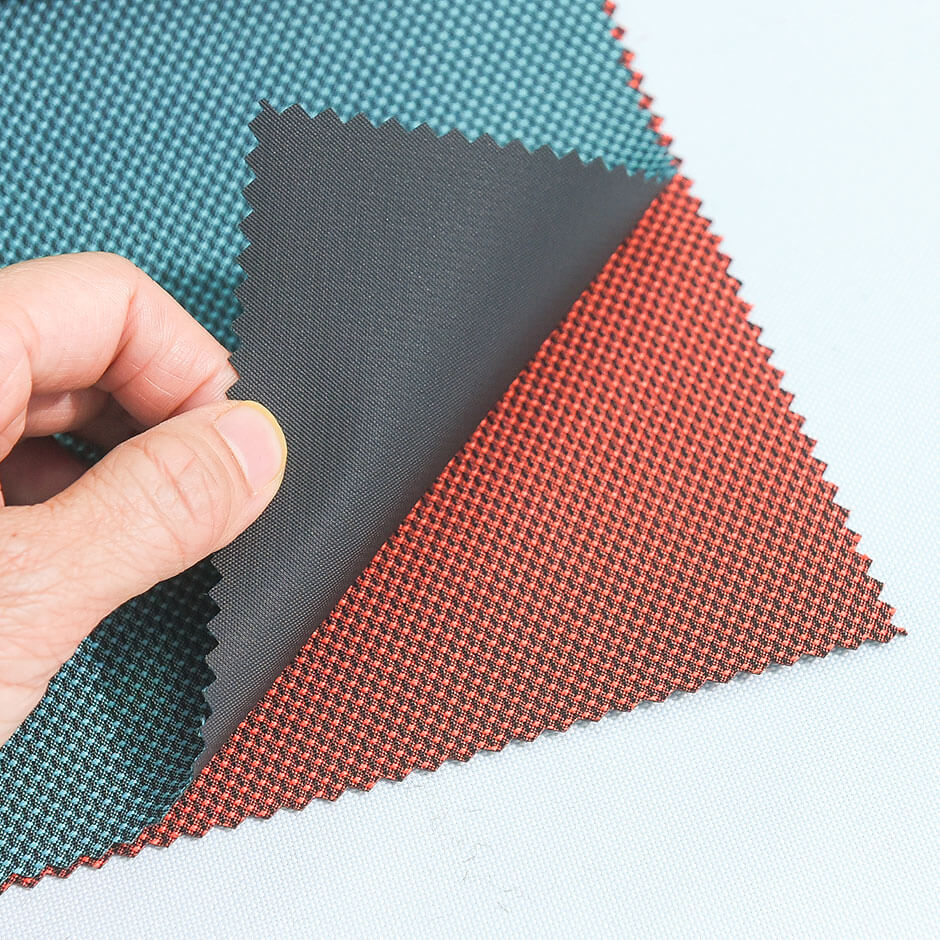Alternative to Spandex Fabric: Choose perfect one
There are other stretchy materials available that can provide similar properties to spandex. These are the best alternative to spandex fabric. While spandex is well-known for its exceptional stretch and recovery capabilities, there are a few alternatives that offer varying degrees of elasticity. Accordingly here are some other stretchy materials:


Table of contents
- Alternative to Spandex Fabric: Choose perfect one
- Elastane
- Rubber
- Latex as spandex alternative
- Recycled Spandex (Eco-Friendly Alternative)
- T400® Fiber (Lycra-Free Stretch Fabric)
- Bamboo Fabric (Natural Stretch Alternative)
- Elastomultiester (EME) Fabric
- Modal and Tencel with Lycra-Free Blends
- Mechanical Stretch Fabrics (Knitted Alternatives)
- Polyurethane
- Frequently Asked Questions!
Elastane
First of all the alternative to spandex fabric is Elastane, Elastance also known as Lycra or by its brand name Spandex, is the original stretch fabric. It is highly elastic and can stretch up to 600% of its original length. Elastane is often blended with other fabrics to add stretch and enhance the comfort and fit of clothing items. It is commonly used in sportswear, swimwear, and form-fitting garments.
Rubber
At this point, Rubber can be an Alternative to spandex fabric Rubber, particularly natural rubber, is another stretchy material that can provide good elasticity. It has excellent stretch and recovery properties, making it suitable for various applications. However, pure rubber is less commonly used in clothing due to its heavy weight and limited breathability. It is more commonly found in specialized elastic bands, waistbands, and accessories.

Latex as spandex alternative
Basically, latex is a stretchy material derived from the sap of rubber trees. It offers excellent elasticity and is often used in garments such as gloves, swimwear, and fetish clothing. Latex provides a form-fitting and body-hugging sensation due to its stretch properties.
Recycled Spandex (Eco-Friendly Alternative)
- Offers the same elasticity as traditional spandex but is made from post-consumer or pre-consumer waste.
- Sustainable and ideal for eco-conscious brands.
T400® Fiber (Lycra-Free Stretch Fabric)
- A polyester-based fiber that provides excellent stretch and recovery.
- More durable and retains shape better than traditional spandex.
Bamboo Fabric (Natural Stretch Alternative)
- Naturally soft, breathable, and moisture-wicking.
- Offers mild stretch without synthetic fibers, making it suitable for activewear and casual wear.
Elastomultiester (EME) Fabric
- A stretch fiber that provides moderate elasticity without spandex.
- Used in jeans, leggings, and fitted garments for comfort and shape retention.
Modal and Tencel with Lycra-Free Blends
- Natural fibers like Modal and Tencel blended with polyester or mechanical stretch offer comfort and slight elasticity.
- Great for sustainable, soft-touch fabrics.
Mechanical Stretch Fabrics (Knitted Alternatives)
- Woven or knit fabrics designed to provide stretch without elastane.
- Examples: Ponte, Interlock, and Stretch Twill.
Polyurethane
Polyurethane, also known as PU, is a synthetic material that can be engineered to have stretchy properties and is also known as an Alternative to spandex fabric. It is often used as a coating or laminate on fabrics to add elasticity and water resistance. Polyurethane is commonly found in performance outerwear, raincoats, and stretchable fabrics.

While these materials can offer stretchiness, especially, it’s important to note that each has its own characteristics and considerations. The choice of the most suitable material depends on factors such as the desired level of stretch, breathability, durability, and the specific application or garment requirements. Go to our fabric page to know more about the finishing process. i.e.
Frequently Asked Questions!
Recycled spandex is a sustainable option with the same stretch properties. Other eco-friendly choices include T400® fiber, bamboo fabric, and Tencel blends, which offer flexibility with minimal environmental impact.
Yes! Mechanical stretch fabrics (like Ponte and Interlock) and Elastomultiester (EME) fibers provide elasticity without spandex. T400® fiber is also a Lycra-free stretch alternative with excellent recovery.
For sportswear and leggings, T400® fiber, Elastomultiester, and recycled spandex work best, as they offer high stretch, shape retention, and moisture-wicking properties.


